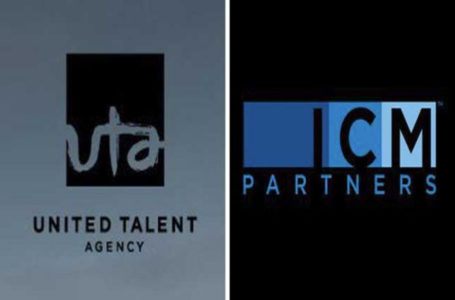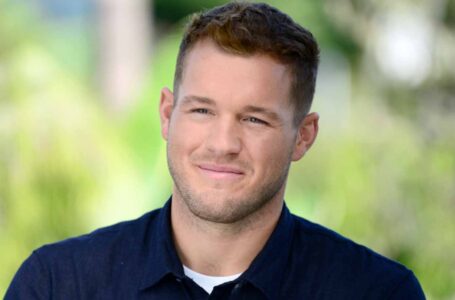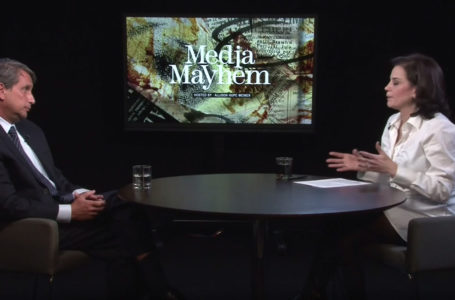Retired judge Diane Wayne will handle the next round in a dispute over profits from Judy Sheindlin’s hit series ‘Judge Judy’ and another show she created called ‘Hot Bench.’
Judge Judy Sheindlin has arbitrated conflicts for countless warring parties who have appeared in her televised courtroom over the past two decades, so it’s only fitting that soon an arbitrator will be handling a trial over profits from her hit series Judge Judy and another show she created called Hot Bench.
But, like any good daytime drama, there’s a twist: The parties fully expect to retry the case in front of a jury in the trial’s eventual sequel.
Rebel Entertainment partners in March 2016 sued Big Ticket Entertainment, a division of CBS. Rebel is the successor-in-interest to the talent agency that packaged Judge Judy and claimed its 5 percent share of the net profits is being unfairly shorted because the network deducts Sheindlin’s $47 million salary as a production cost. The company also claims CBS licenses the series to its affiliates at below-market rates and that it was shut out of Hot Bench.
Last April, Los Angeles Superior Court Judge Joanne O’Donnell partially granted summary judgment in favor of Big Ticket. She found there is no evidence that Sheindlin’s salary is unreasonable and that Big Ticket was within its rights to deduct the amount as a production cost before calculating profit participation. O’Donnell left open the issue of whether Hot Bench is a spinoff under the parties’ agreement and should have triggered a discussion about a packaging fee.
According to Rebel’s attorney Bryan Freedman, both parties believe that ruling will likely be overturned by an appellate court and have agreed to move the remaining proceedings to a nontraditional setting to speed things up.
According to a Feb. 19 filing, the remaining fight has been moved from a downtown L.A. courtroom to the offices of JAMS, where retired judge Diane Wayne will preside over the trial. Unlike traditional arbitrations, which are closed to the press and typically result in decisions that are never made public, this trial will be transparent. Not only will a stenographer be on hand transcribing the proceedings, but attendance can also be arranged at any proceeding that would have been open to the public in the courthouse. Also unlike typical arbitrations, which are permanent, Wayne’s ultimate decision can be appealed.
“The parties recognize that the ruling on the motion for summary adjudication did not comport with the law and will be overturned,” Freedman tells The Hollywood Reporter via email. “In an effort to get this issue in front of the appellate court with the least amount of time and cost, the parties have stipulated to a judicial referee to decide the remainder of the case. As agreed upon in the stipulation, once the appellate court overturns the ruling, the case will be tried in front of a jury. That is a day that my client has looked forward to for many years.” (It’s unclear what exactly the parties agree is incorrect.)
Before the trial was moved, it had been set to begin Monday, but a JAMS representative tells THR that the proceedings before judge Wayne have not yet been scheduled.





